Will 2017 be a watershed year in the battle between Google and Samsung over the smartphone market?
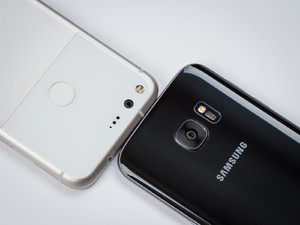
Despite the fact that Google and Samsung have long tried to establish cooperation in different ways, I have little doubt that in 2017 the two giants will compete with each other more aggressively than ever. Samsung is indeed a threat to diversity Android, and Google must step in and stop the money 'leak' from the already dwindling device ecosystem. Samsung's research into wearable electronics, TVs and smart home devices also raises some concerns for Google, as Samsung has already shown it can grow its dominance in smartphones, so why not do the same in these areas?
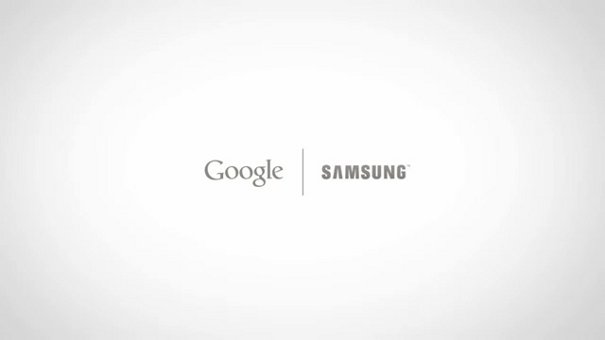
Samsung and Google have worked closely since the launch of the Galaxy S nearly seven years ago – the first Android device sold by all four major US carriers (there were four versions with variations in name and feature set) and which can truly be called the beginning of Samsung's dominance in the global smartphone market. Sales of the model reached 25 million units, which is surprisingly high, for example, compared to approximately 40 million iPhone sold in 2010. Later models only improved sales figures: 40 million SII, more than 50 million SIII, all this allowed Samsung to reach 200 million S-line devices by the beginning of 2014. Last year, the Galaxy S7 sold even better in the North American market iPhone, five years ago such a situation was absolutely unthinkable.
Worldwide, Samsung has a 21% share of smartphone sales. The result compared to last year is not so impressive, but even it is twice as high as that of other OEM-manufacturers Android – devices and is far ahead Apple. An even more obvious indicator of success is profit: the Korean company makes incomparably more profit from selling Android smartphones than any other manufacturer. Samsung is actually the only manufacturer Android – smartphones outside of China, making something at least similar to money, almost all other manufacturers (HTC, Sony, LG , TCL, Lenovo / Moto) are either struggling to stay at a low level of profitability, or are systematically losing profit. Selected Chinese manufacturers that are able to profit from their market receive only a fraction of Samsung's usual quarterly profit. It is necessary to take into account the losses of the third quarter of 2016, which befell Samsung in connection with the Note 7 and downgraded the company's position in the ratings, but there is no doubt that the company will recoup.
It may be difficult to spot these trends while captivated by smartphone enthusiasm. After all, we are constantly aware of the announcements of new devices from different manufacturers, and many of us would gladly jump from one brand to another just because we believe that a particular smartphone is the best combination of price and quality. But in a consumer-populated mass market world Android, smartphones are dangerously close to becoming a monoculture, especially in the flagship segment.
Yes, we can mention LG, Motorola and HTC as competitors in the context of the release of the new flagship of the Korean company, but in reality they are not, as the indicators indicate delivered devices and profits of companies. Last year the number of smartphones shipped HTC 10 is comparable to 1-2% of all Samsung S7 devices sold. LG The G5 is unlikely to do better than the Moto Z, which only began selling after an extensive campaign of discounts and specials on the phone itself and Mods related accessories, with the figure likely covering all three smartphones. series Z.
The truth is that these companies only really compete with Samsung in the boring and dull world of budget devices and mid-range smartphones, most of which are sold at carrier points of sale around the world. Do you care if the new LG X Power 2 or Galaxy J7 is better? If there is, then it's not bad, but the topic for discussion is subjectively not the most interesting. But it is in these segments LG, HTC that Sony and the company can actually stand on a par with Samsung. Let's go back to the flagship segment. It's a bit naive to believe that in 2017 the LG G6 has a chance to outperform the Galaxy S8 in anything other than the speed of offering promotions from carriers. While critically approaching such comparisons, we tend to embellish, but at the most important level – selling devices and making a profit – no one has yet come close to Samsung's level, except Apple.
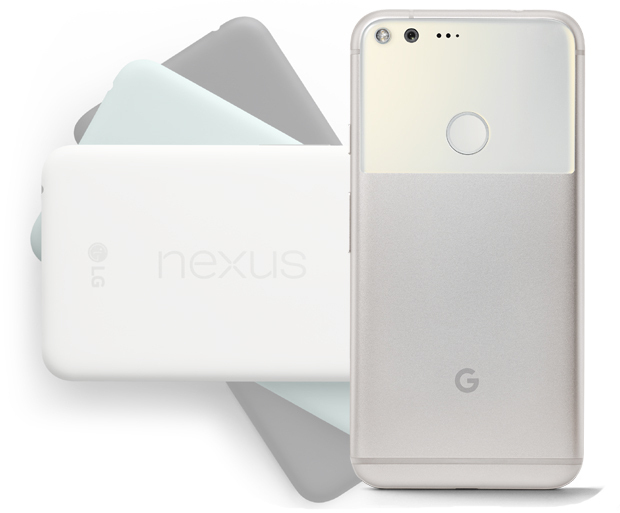
I am still convinced that this is one of the reasons for the launch of the Pixel project. In it, Google clearly plays on its strengths: deep software optimization, AI, the ability to conduct a long and effective advertising campaign. And it seems to work. Despite disappointing and lingering problems with Alphabet's stock quotes, the Google Pixel has rapidly come to the fore as the only phone not from Apple or Samsung, which has a special position in the US smartphone market. The success of the device seems to have come as a surprise to Google itself, and I am sure that this will be reflected in a more aggressive advertising campaign and cooperation with operators this year.
As for the premium segment, smartphones in the United States before that, in fact, were chosen taking into account the duality in the market: either iPhone or Galaxy S. Google Pixel devices can become a force that can change the existing paradigm, Google has everything to 'feed' this power – finance, human resources and truly talented teams of innovative product developers. It is much harder to expect something like this from LG, Motorola, HTC or Sony. In fact, it’s almost impossible: none of these companies have the financial capacity and audacity to take risks, only Google, the second richest company in the world, can afford it. Otherwise it will be pure madness.
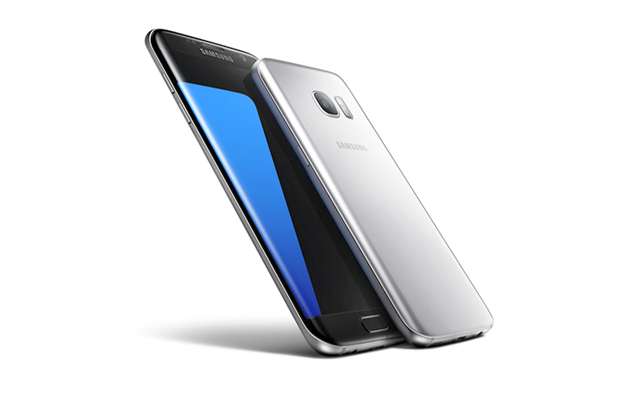
One of the most popular Android smartphones of 2016
The approach used in the Pixel project has as its target group, first of all, users iPhone, but luring away technology users Apple Google, albeit not explicitly, but collides with Samsung, whose the target is the same category of users. And this is the first time in history Android, a history in which Google constantly denies its intention to compete with its partners. Peaceful coexistence has come to an end and while Google still has a long way to go, I believe that the company's unique 'arsenal' should not be underestimated. Google is far ahead in AI, cloud and web services, and in our increasingly connected world, these benefits are clear.
Outside the smartphone world, Google has been trying to carve out its own position for a long time. Android TV, a partnership initiative to compete with operating systems for smart TVs from LG and Samsung, has so far not achieved meaningful success. For Samsung, it makes no sense to use Android TV, and most of the users do not know anything about the existence of such a project. On the smart home side, Samsung and Google are still collaborating, and Smart Things works with the new Google Home device. Samsung isn't selling a Home or Amazon Echo counterpart just yet, but with all the rumors about a new voice assistant in the Galaxy S8, we'd assume a competitor for the Echo and Home is just around the corner. In wearable electronics Android Wear is also not successful, here I think Tizen Samsung's OS does better than Android Wear. However, not everything is so categorical: both companies recently worked on new laptops Chromebook Plus and Pro, although the laptop division by Samsung standards is a fairly small business.
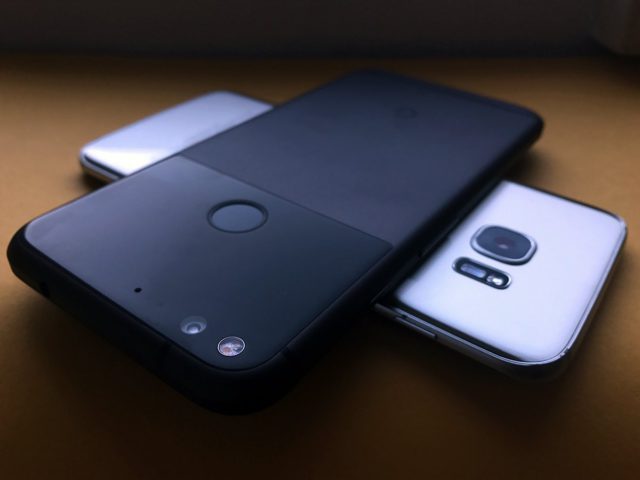
But Google and Samsung are bound to clash in the smartphone battle arena. As the smartphone market becomes saturated, there is less and less room for growth not at the expense of competitors. At the high end, Samsung is one of two key players, and to ignore the Galaxy brand and see it as friendly to the smartphone maker Pixel would be a fiction akin to a smile with clenched teeth. The Pixel may have its problems, but the lineup is the most competent attempt to bring a real alternative to a 'two-party' system that will obviously generate some friction and conflict of interest.
Original material by David Ruddock
If Google does manage to develop a cool new Pixel line device and bring it to market in sufficient quantities, then it will be able to compete with Android flagships. According to the author, users are already tired of the lack of alternatives in the smartphone market and fresh smartphones will be in demand. But do not forget about the host of Chinese manufacturers that have already appeared or are planning to enter the North American (and not only) market. These companies have everything they need to pull users away from ecosystems Apple, Samsung, and other manufacturers.
Competition is always good for users, and the results show which company is confident in their product and whether they are willing to provide users with the best experience. The strongest survives. But it seems to me that there are a little more players in this scenario than the author suggested. And nobody can be discounted.
